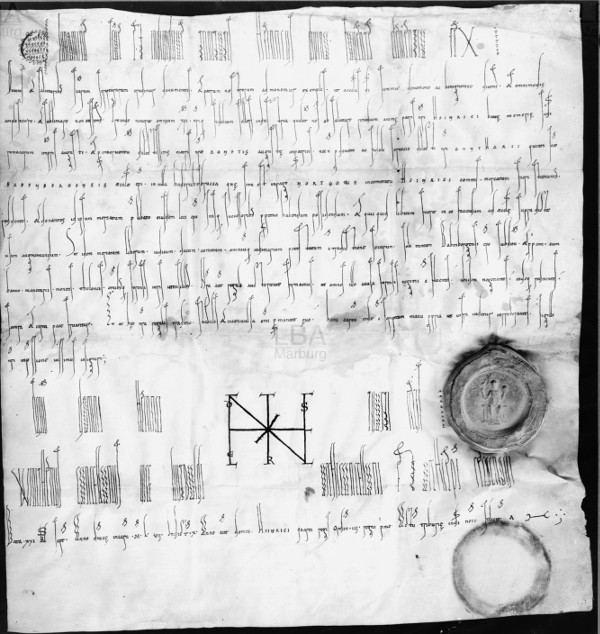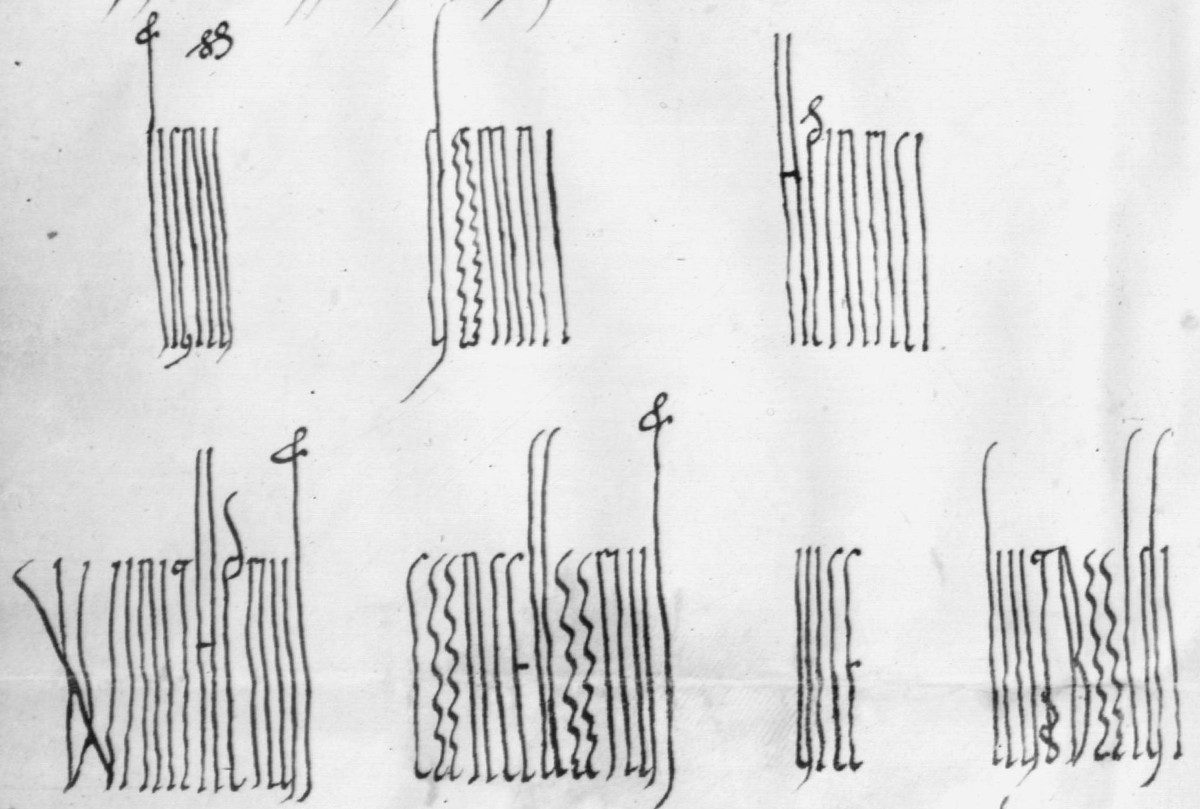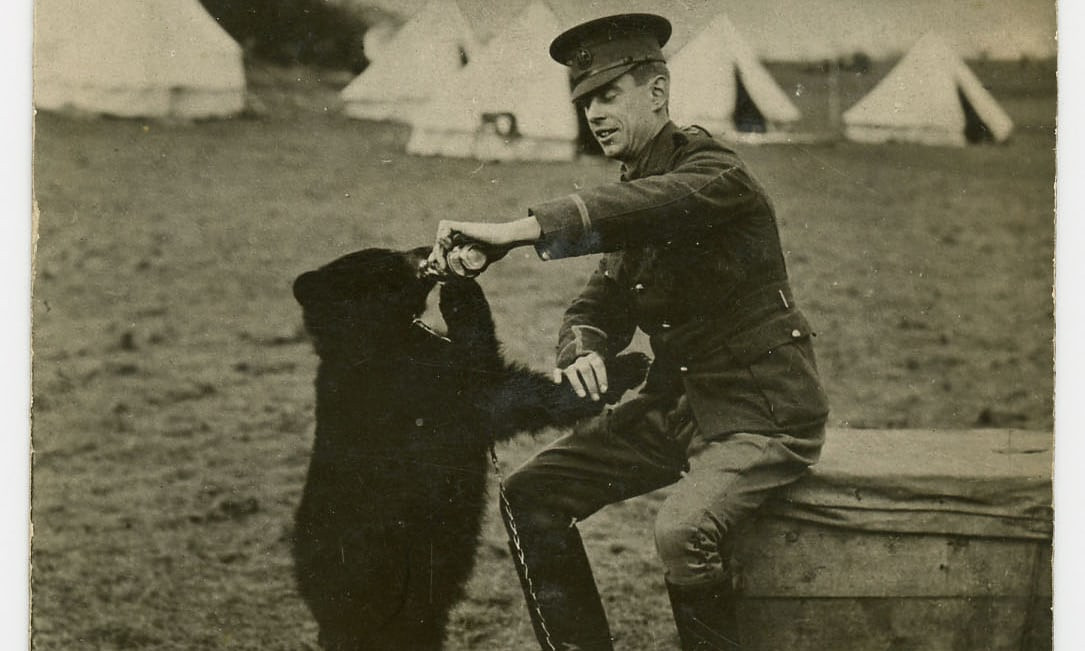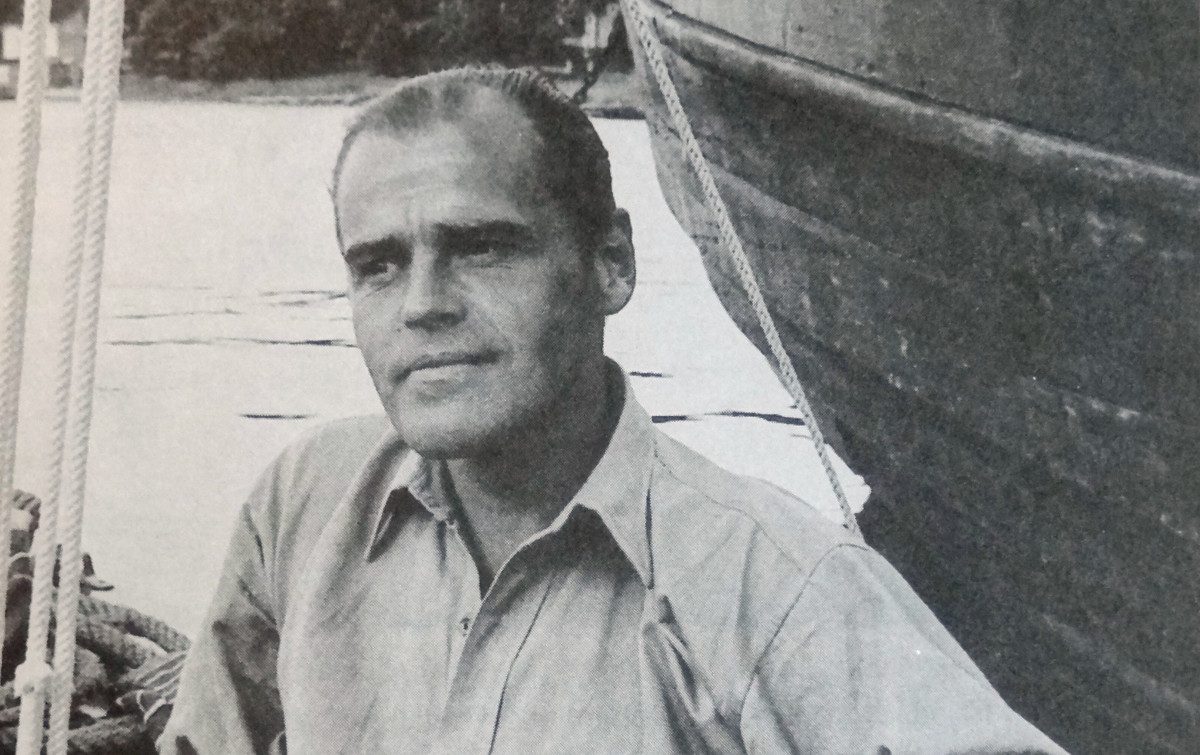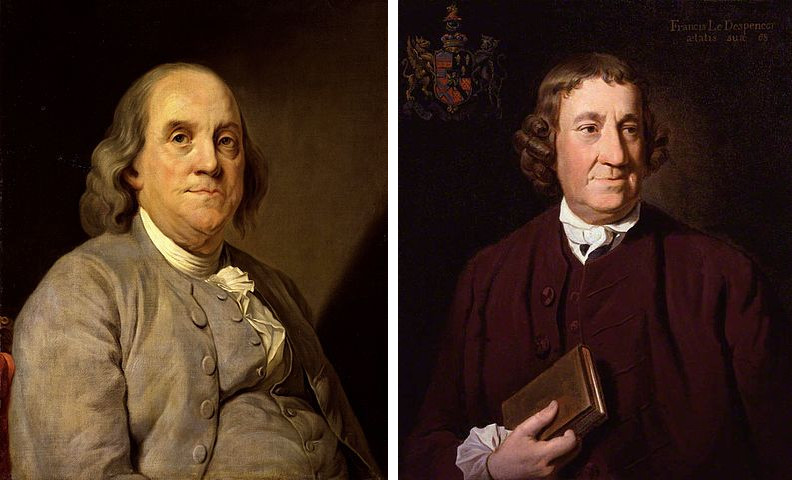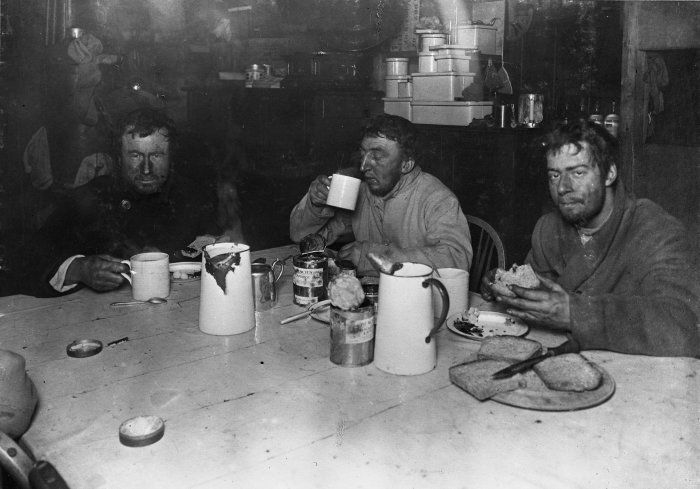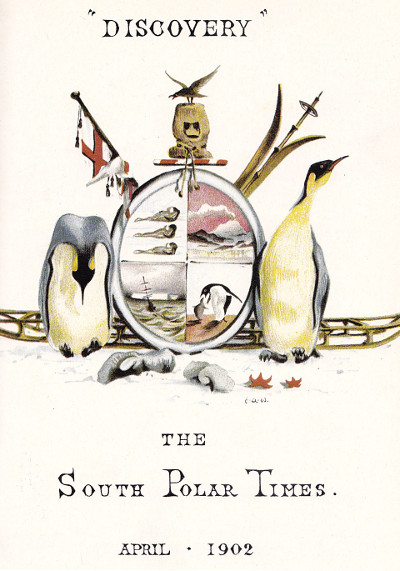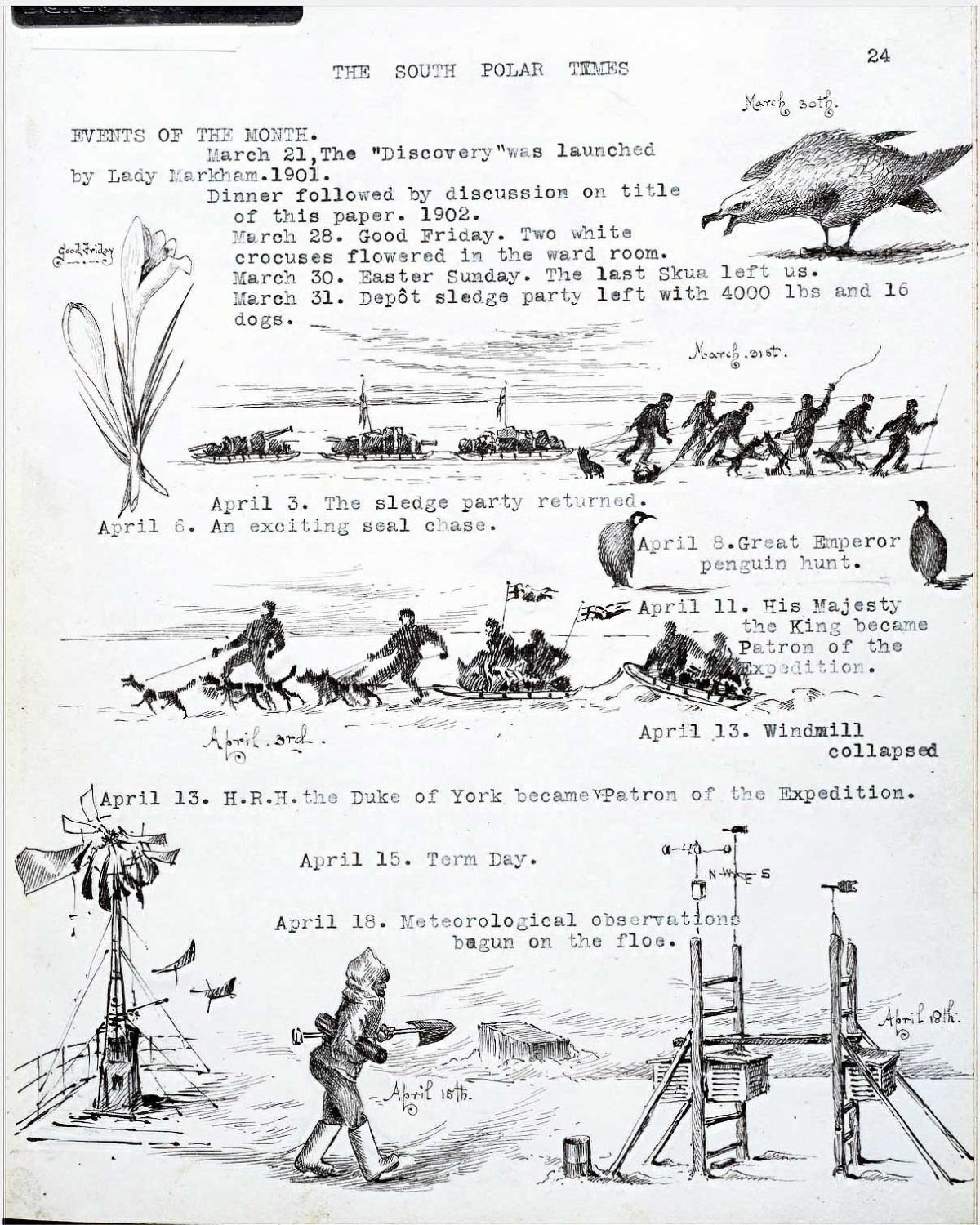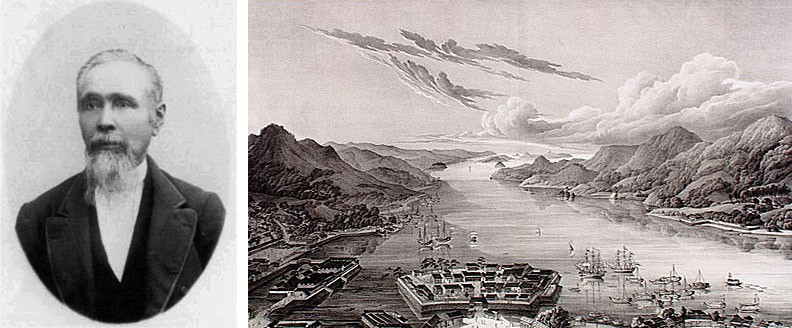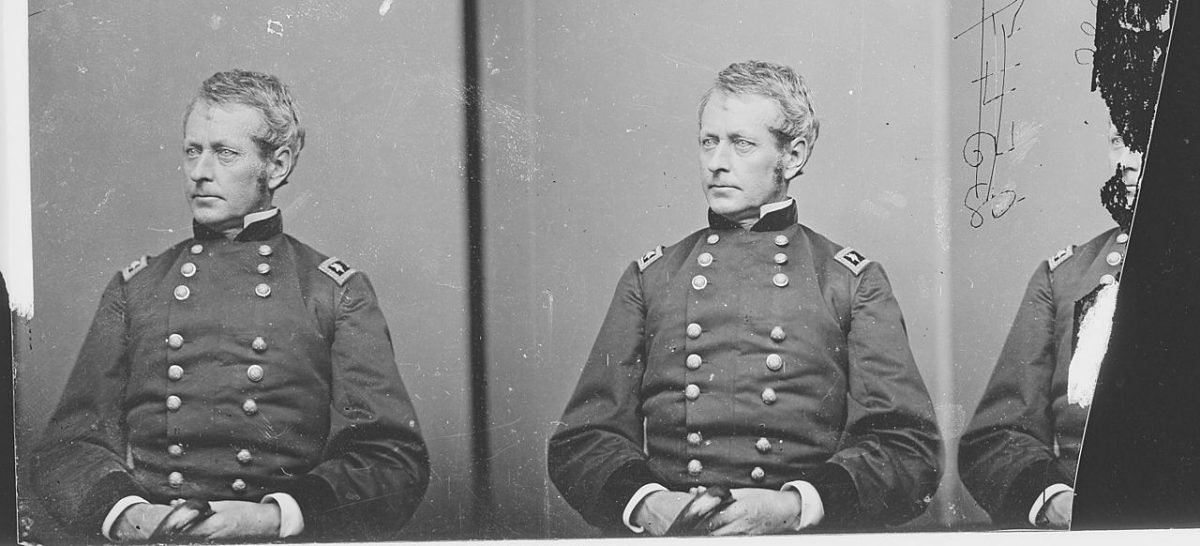
Union general Joseph Hooker had an eventful day at the Battle of Chancellorsville:
I was standing on this step of the portico on the Sunday morning of the 3d of May, and was giving direction to the battle, which was now raging with great fury, the cannon-balls reaching me from both the east and the west, when a solid shot struck the pillar near me, splitting it in two, and throwing one-half longitudinally against me, striking my whole right side, which soon turned livid. For a few moments I was senseless, and the report spread that I had been killed. But I soon revived, and to correct the misapprehension, I insisted on being lifted upon my horse, and rode back towards the white house, which subsequently became the center of my new position. Just before reaching it, the pain from my hurt became so intense, that I was likely to fall, when I was assisted to dismount, and was laid upon a blanket spread out upon the ground, and was given some brandy. This revived me, and I was assisted to remount. Scarcely was I off the blanket, when a solid shot, fired by the enemy at Hazel Grove, struck in the very center of that blanket, where I had a moment before been lying, and tore up the earth in a savage way.
In Strange Tales of the Civil War, Michael Sanders writes, “In this way, Joseph Hooker avoided being instantly killed by two cannon balls within minutes of each other.”

